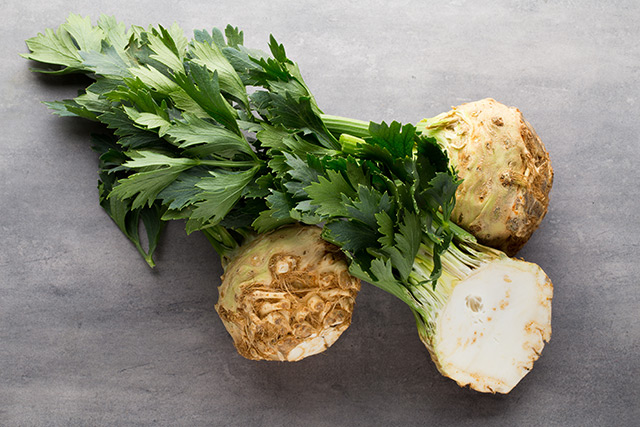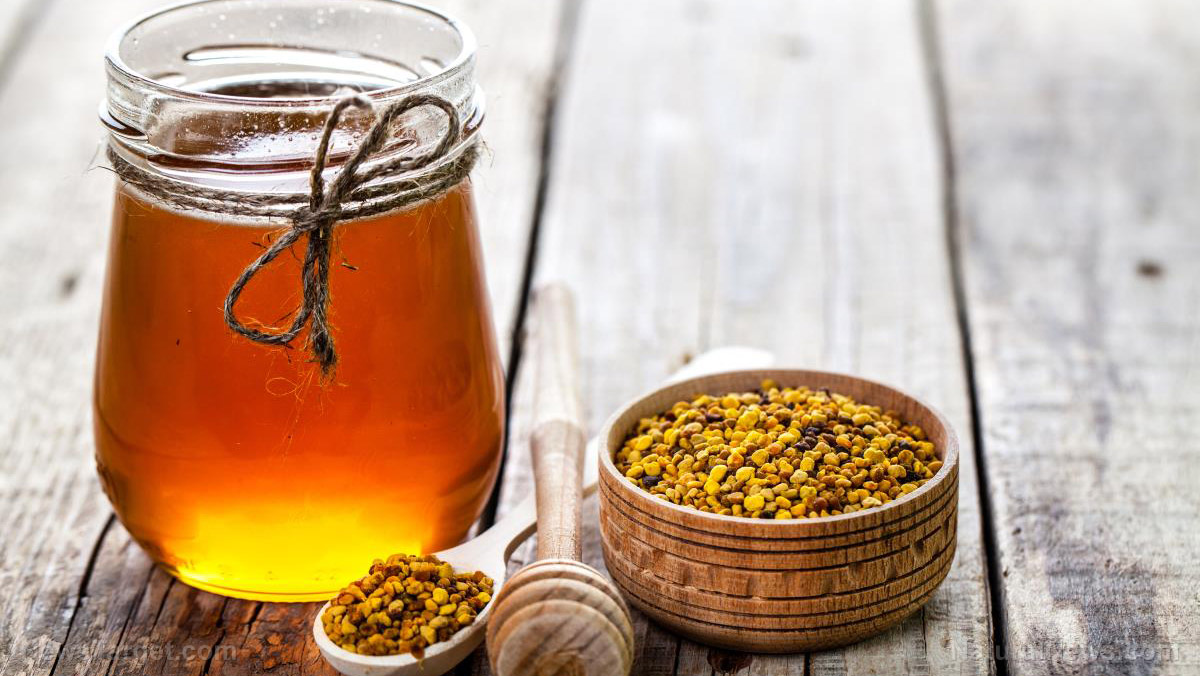Evaluating the anti-tumor and anti-hyperlipidemic effects of Apium graveolens (celery) extracts
11/25/2020 / By Evangelyn Rodriguez

Researchers from India explored the antihyperlipidemic and anti-tumor properties of the ethanolic extract and phytochemicals derived from Apium graveolens, commonly known as celery, in rodents. They reported their findings in an article published in the Journal of Dietary Supplements.
- Chromatographic analysis of the seeds of A. graveolens shows that they contain coumarin derivatives like seselin, methoxsalen and 3H-isobenzofuran-1-one.
- To further explore their biological properties, the researchers first induced hyperlipidemia in rats by injecting them with 400 mg/kg body weight of Triton WR 1339.
- After 24 hours, they orally administered the A. graveolens extract and isolated components to the animals at a dose of 50 mg/kg body weight.
- They also evaluated the anti-tumor activity of the extract and isolated phytochemicals by injecting hybrid mice with 50 mg/kg body weight of either sample for 10 consecutive days.
- They then observed the animals for tumor growth after injecting B16F10 melanoma cells into their dorsal skin.
- The researchers found that the A. graveolens extract and isolated components significantly decreased total cholesterol, triglycerides and low-density lipoprotein (LDL) while increasing high-density lipoprotein (HDL) levels in hyperlipidemic rats.
- Pretreatment of the extract and isolated compounds also delayed tumor growth in hybrid mice by increasing volume-doubling time and mean survival time.
- In addition, tumor regression studies showed a decrease in tumor growth of the injected melanoma cells in vivo.
Based on these findings, the researchers concluded that A. graveolens is an excellent source of natural antihyperlipidemic and anti-tumor agents.
Journal Reference:
Iyer D, Patil UK. ASSESSMENT OF ANTIHYPERLIPIDEMIC AND ANTITUMOR EFFECT OF ISOLATED ACTIVE PHYTOCONSTITUENTS FROM APIUM GRAVEOLENS L. THROUGH BIOASSAY-GUIDED PROCEDURES. Journal of Dietary Supplements. 06 April 2018;16(2):193–206. DOI: 10.1080/19390211.2018.1448921
Submit a correction >>
Tagged Under:
This article may contain statements that reflect the opinion of the author
RECENT NEWS & ARTICLES
COPYRIGHT © 2017 SUPERFOODS NEWS





















